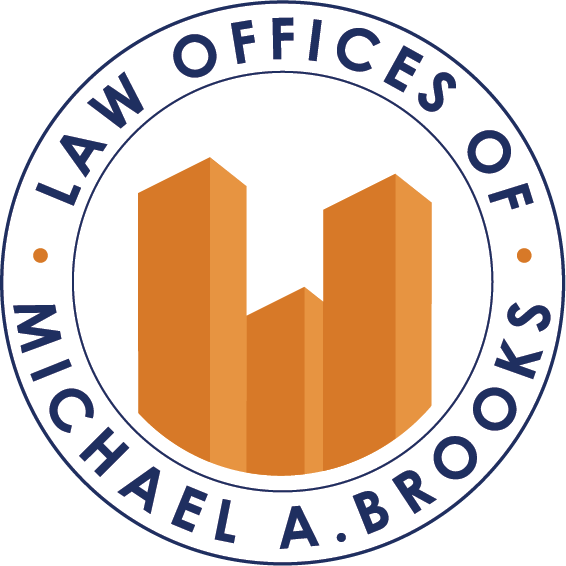LOOK AT TENANTS WHEN DOING DUE DILIGENCE ON COMMERCIAL PROPERTY
On behalf of Michael Brooks of Law Offices of Michael A. Brooks posted in commercial real estate on Thursday, January 25, 2018.
Every buyer of multi-unit commercial property has (or should have) an extensive list of items that he or she wants to see as part of the due-diligence process.
However, when you’re focused on examining leases, warranties and records of repair, it’s easy to overlook one key item: the existing tenants. There’s information that you shouldn’t overlook if you want to make sure that the income from the property is really as stable as it seems on paper.
Here are two questions you need to ask.
1. Are there any chronic late-payers among the tenants?
This is an important factor that may not be readily apparent if you aren’t looking for it. It is something, however, that the owner will likely know — but don’t expect him or her to offer up the information unless you ask.
If there are chronic late-payers among the tenants, you need to adjust the anticipated cash flow from the property downward automatically. This is true even if the money is always eventually turned over. A chronic late-payer affects your bottom line when it comes to a secure and stable income.
2. Who makes up the property’s tenant base?
It’s also important to look into who makes up any significant portion of the property’s tenant base. Then you have to take into consideration any external political or economic factors that may impact those tenants in the foreseeable future.
There’s a certain amount of guesswork that goes into this part of the due diligence because you have to gauge how serious a threat those external factors are at the time you purchase. That means having a fair idea of market conditions and other factors both here and in the global market.
For example, if your tenant’s business depends a lot on the local Hispanic community, the current political atmosphere surrounding immigrants in the United States could dampen that tenant’s business if the community takes a serious hit from the Department of Immigration and Customs Enforcement (ICD).
Similarly, if you have a tenant whose business relies on the stability of the market in Venezuela, economic conditions in that country could suddenly throw them into bankruptcy. That, in turn, would make the property less profitable for you — just as suddenly.
Commercial real estate can be wonderful investment — but your due diligence has to be thorough to know a good deal from a bad one.
Related Posts: Leases for mall kiosks and pop-ups, How to save money on a commercial lease, Tips for negotiating a cell tower lease, Frequently asked questions: Legal marijuana and renters
